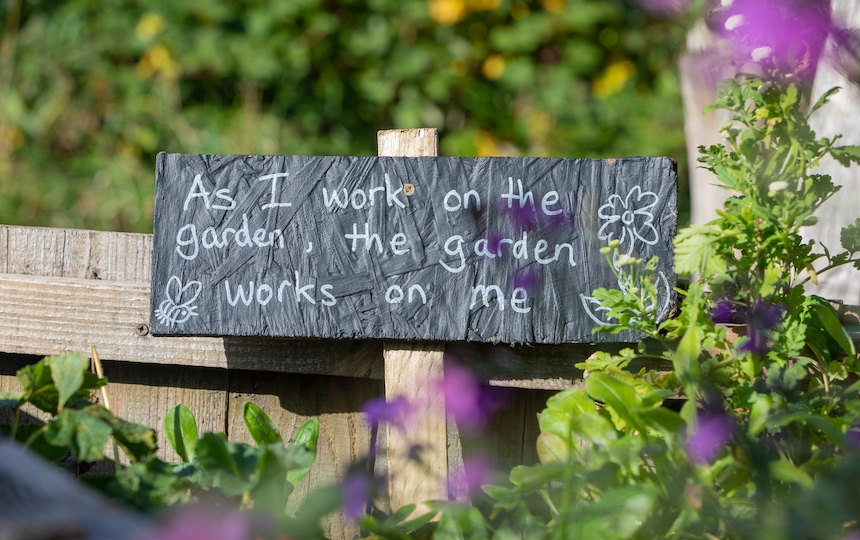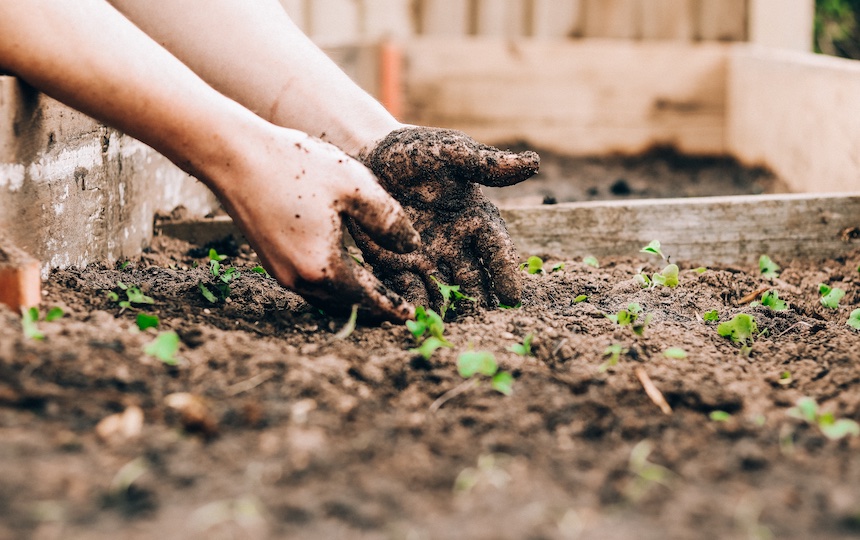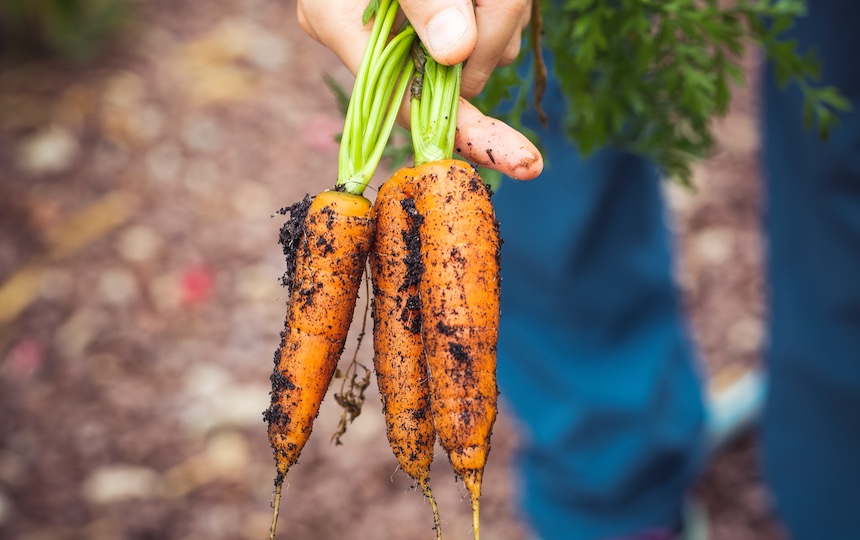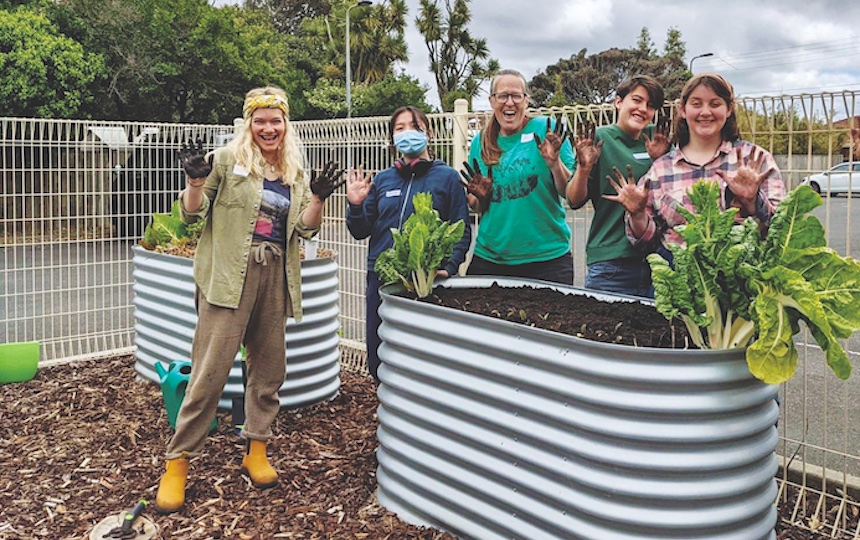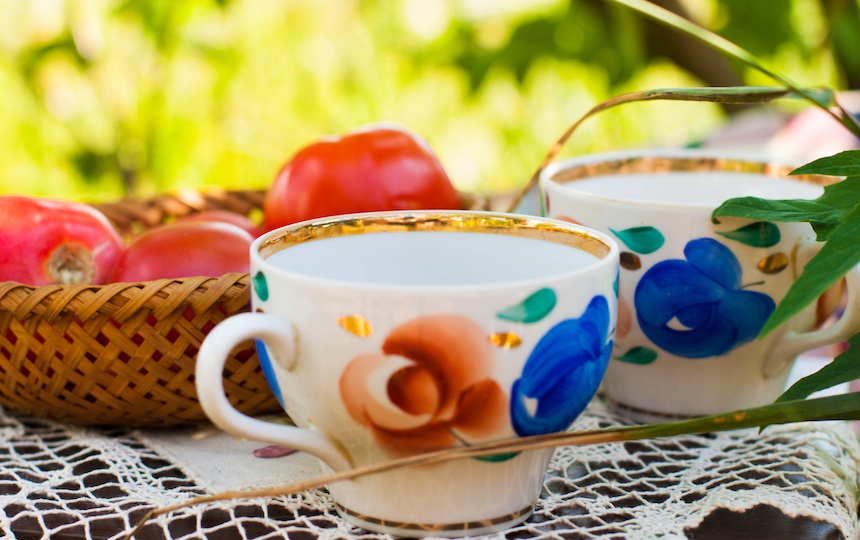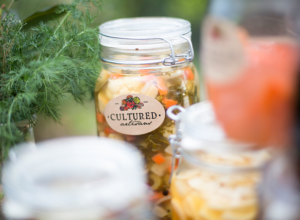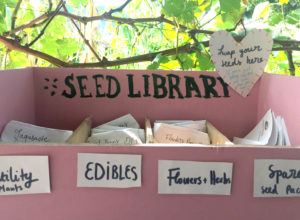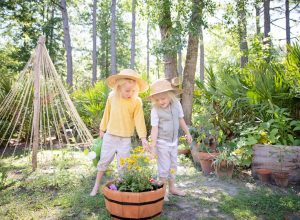Science is starting to catch up with what gardeners already know – growing food and caring for a garden is hugely beneficial for the body, mind and spirit.
Research is still unravelling the mysteries of the human microbiome, but it’s certain that getting your hands dirty
in the soil is really good for you.
The many health benefits of gardening
The physical health benefits associated with being active in the garden are well known; burning energy, boosting strength, increasing endurance and promoting better sleep are some, but there are many other health benefits of gardening.
A vitamin boost
Gardening comes with a side helping of fresh air and increased levels of vitamin D. And given almost one third of Australians are now deficient in vitamin D, the exposure to the sun, done responsibly, comes with all sorts of advantages.
The fresh air is especially important during winter, when rooms tend to be sealed against the cold, and fires and other heat sources compromise indoor air quality.
A rush of dopamine
Gardening can also increase our dopamine levels, which is a chemical released by the brain and makes us feel good.
Harvesting our own freshly grown fruit and vegetable can create a rush of dopamine providing an intense feeling
of reward. This “harvest high” is the reason that picking the first mango of the season, gathering homegrown strawberries or unearthing a potato feels so very satisfying.
Stress buster
Instinctively, gardeners know time spent tending to plants can take the edge off acute stress. Indeed, relaxation and stress relief are two of the main reasons people cite as taking up gardening in the first place. But now there’s mounting evidence to support what we’ve all known to be anecdotally true.
A 2011 study published in the Journal of Health Psychology provided the first experimental evidence for the effectiveness of gardening as a stress-relieving intervention.
Researchers put 30 allotment gardeners under pressure with a cognitive task that artificially deflated their results, causing stress and then asked them to do two different activities; time spent in the garden, and time reading a book.
They then tested their stress hormone levels and self-reported mood before and after the two activities. ‘Gardening promoted stronger psycho-physiological recovery from stress than reading,’ the research concluded. ‘After 30 minutes gardening… levels of salivary cortisol and self-reported positive mood had returned to baseline.’
Strong social ties
Gardening offers ways to beat isolation and strengthen social ties. Planting on a nature strip, sharing produce or mucking in at the local community garden can increase social connections and provide support that’s conducive to improved wellbeing.
Four in five participants in the Royal Botanic Garden Sydney’s Community Greening project, for instance, reported they’d built stronger relationships by socialising and meeting neighbours for the first time. During lockdowns, social media also emerged as a tool for connection, with gardeners swapping tips, ideas and even produce.
Community resilience
Gardening can help promote broader community resilience. When flooding hit southeast Queensland in early 2022, closing arterial roads and sending some suburbs underwater, much of Brisbane’s westside became cut off from supermarkets and other suppliers.
Living on the newly created “island” of Mount Crosby, Dr Ketah Silvester used produce from her two-year-old food forest to help feed her community.
“We went into the garden multiple times a day and just took boot loads of all of our edibles up to the corner store because their shelves were bare,” she says. “These are just plants that you can grow like in your everyday garden, but when an emergency hits, you can eat these ones.”
Recognising the resilience within your own community provides an indirect but substantial health benefit for gardeners.
Want to know more about the health benefits of gardening?
In Issue #24 of Pip Magazine, we explore this is more detail.
You can access this article online here as part of our digital subscription offering, or subscribe to the print version of Pip Magazine here.

